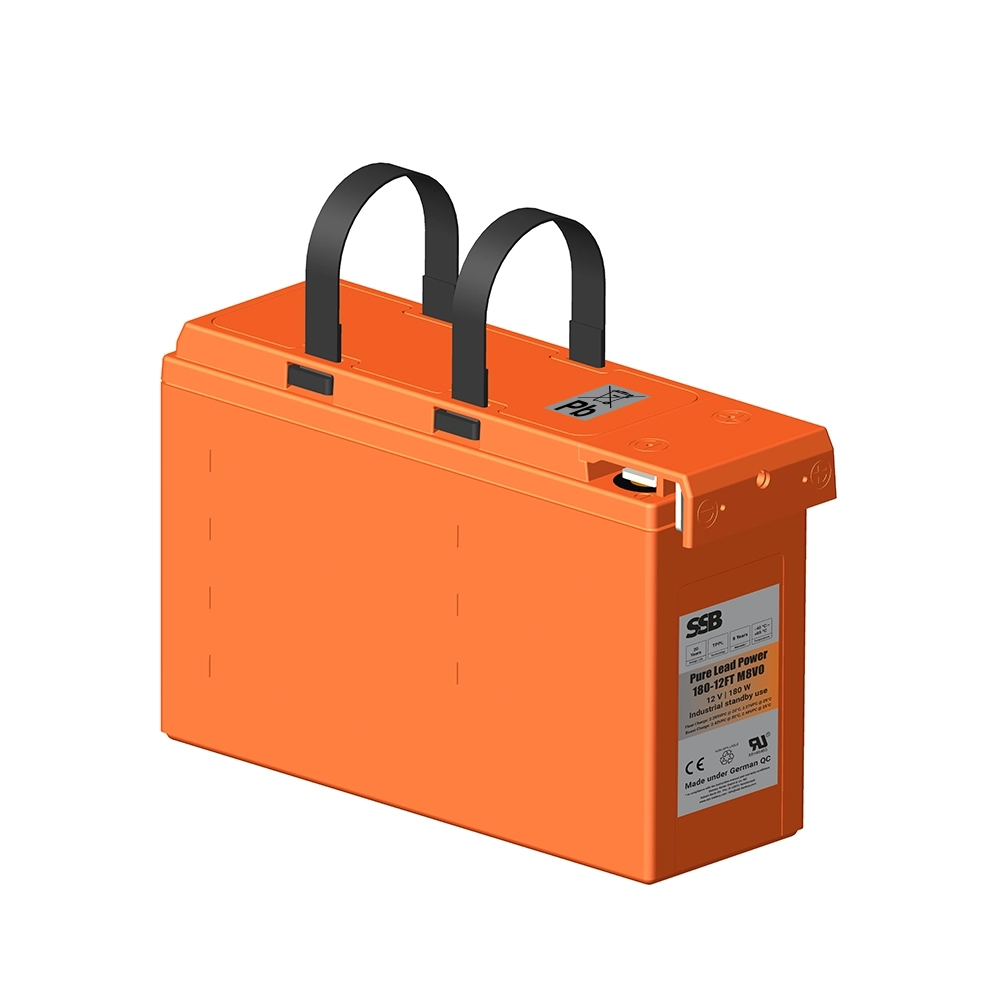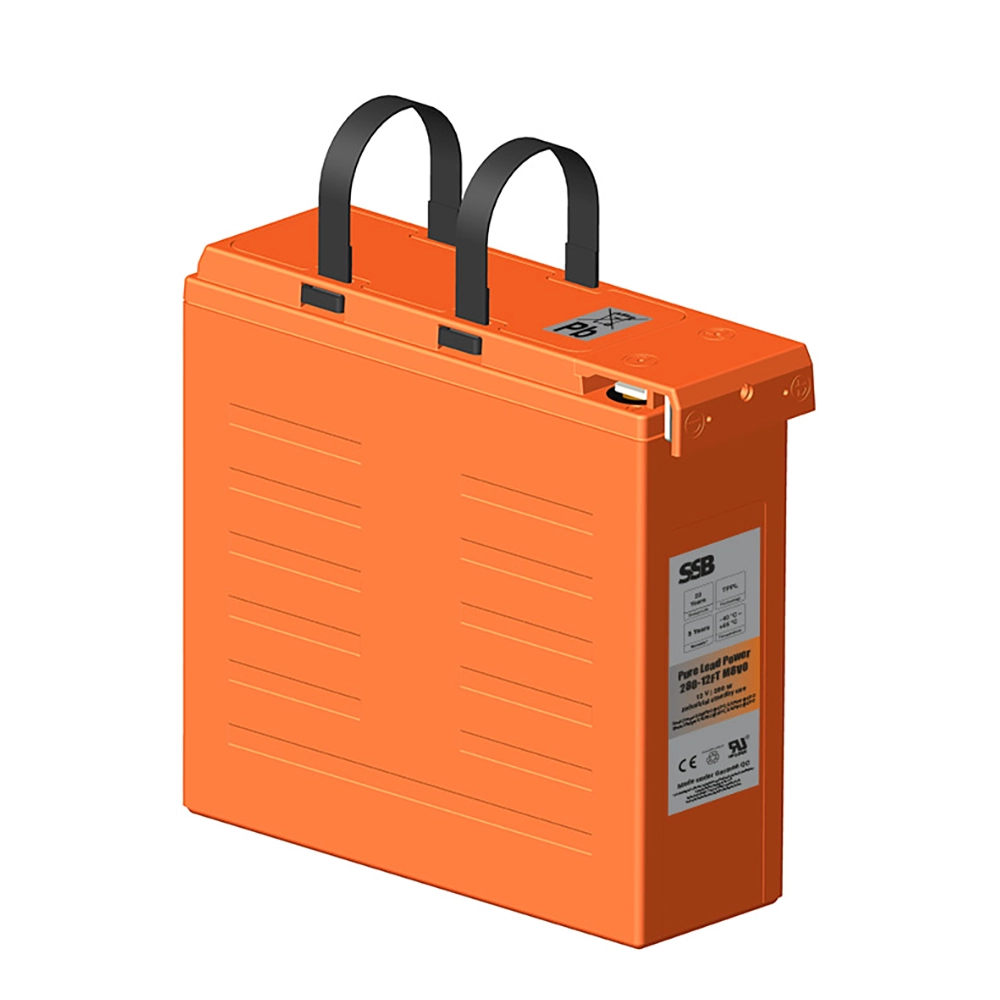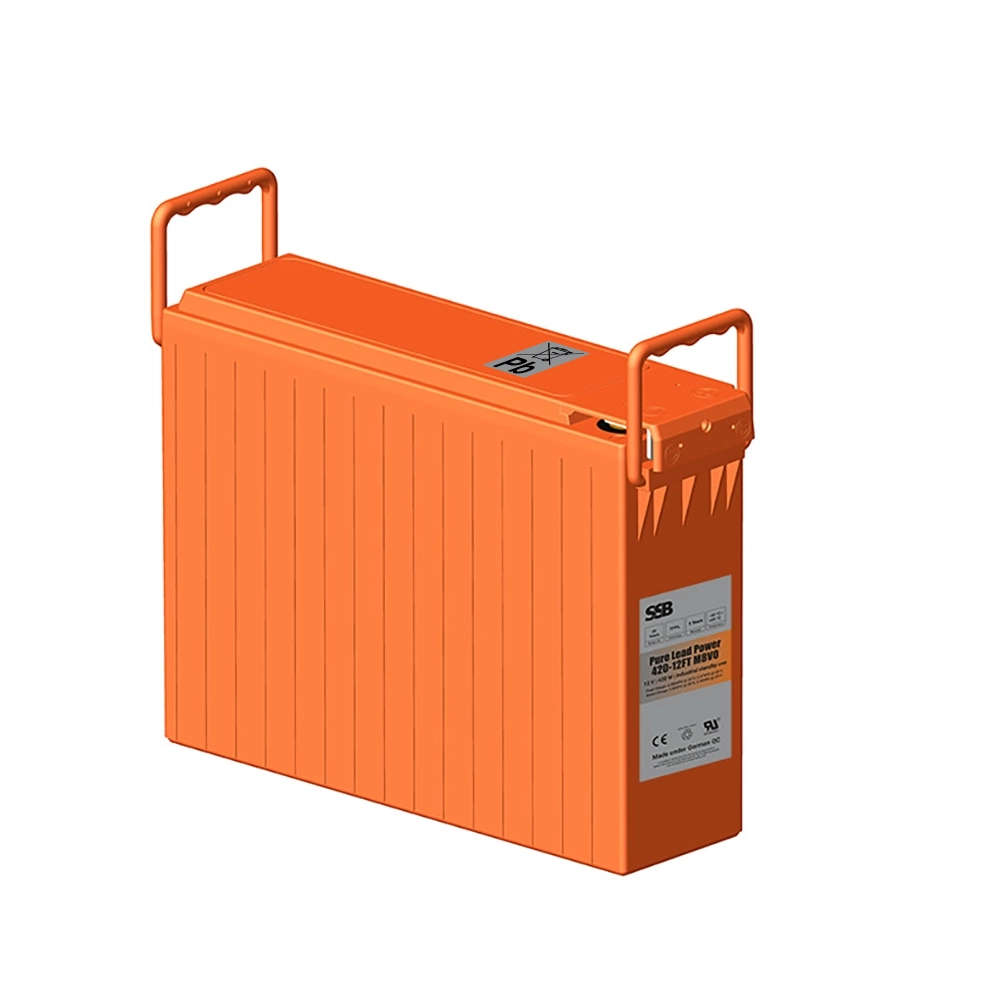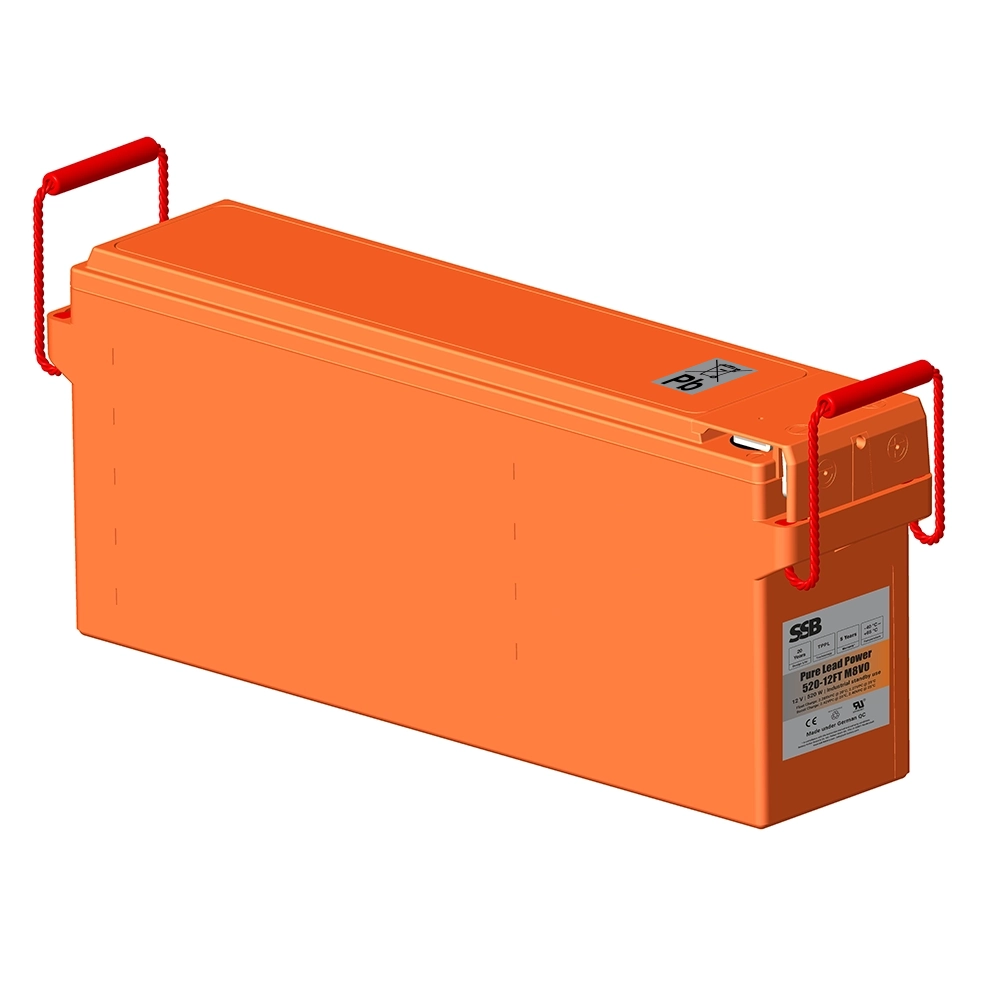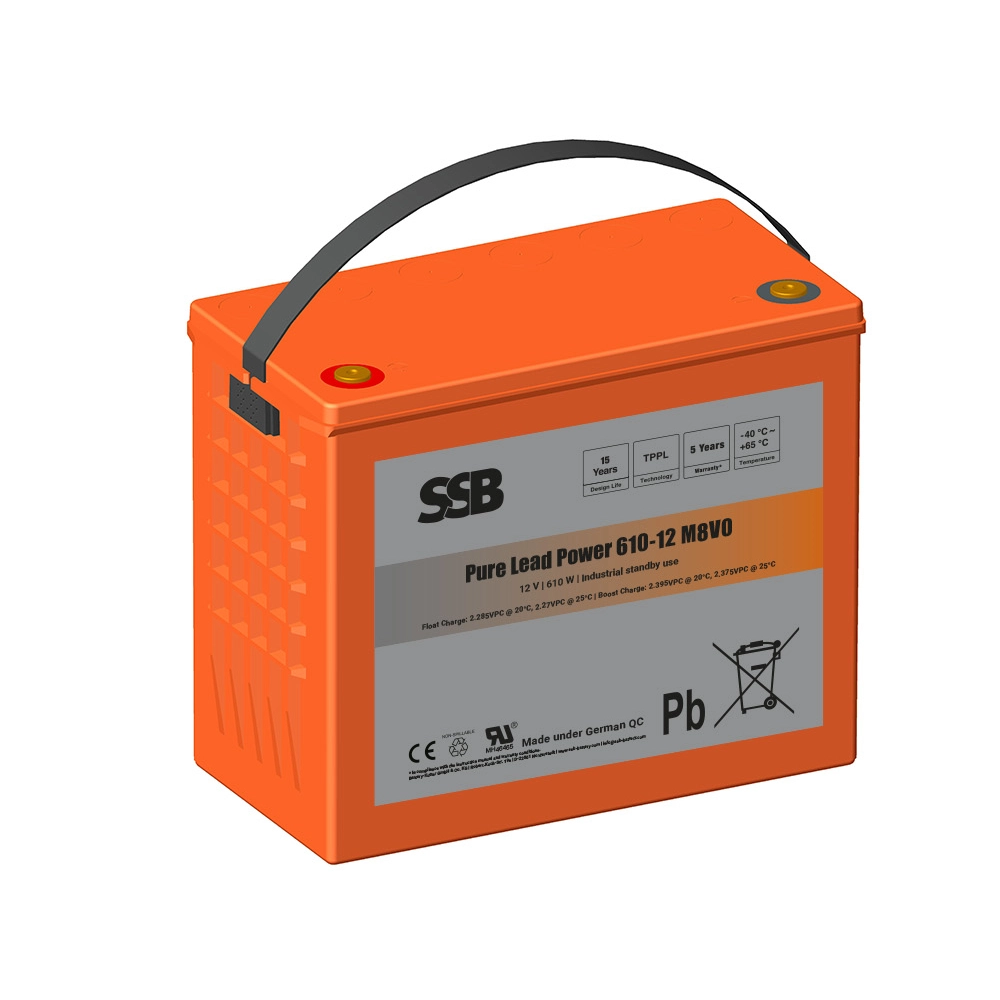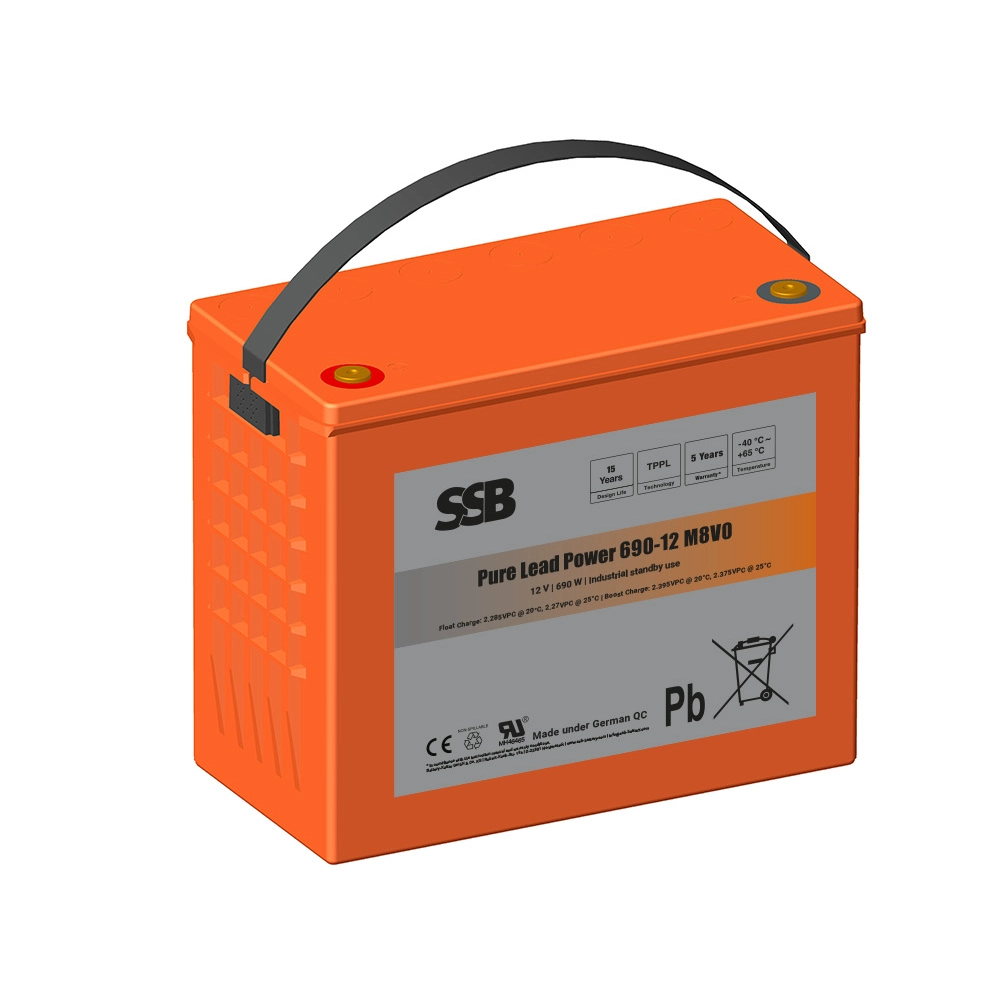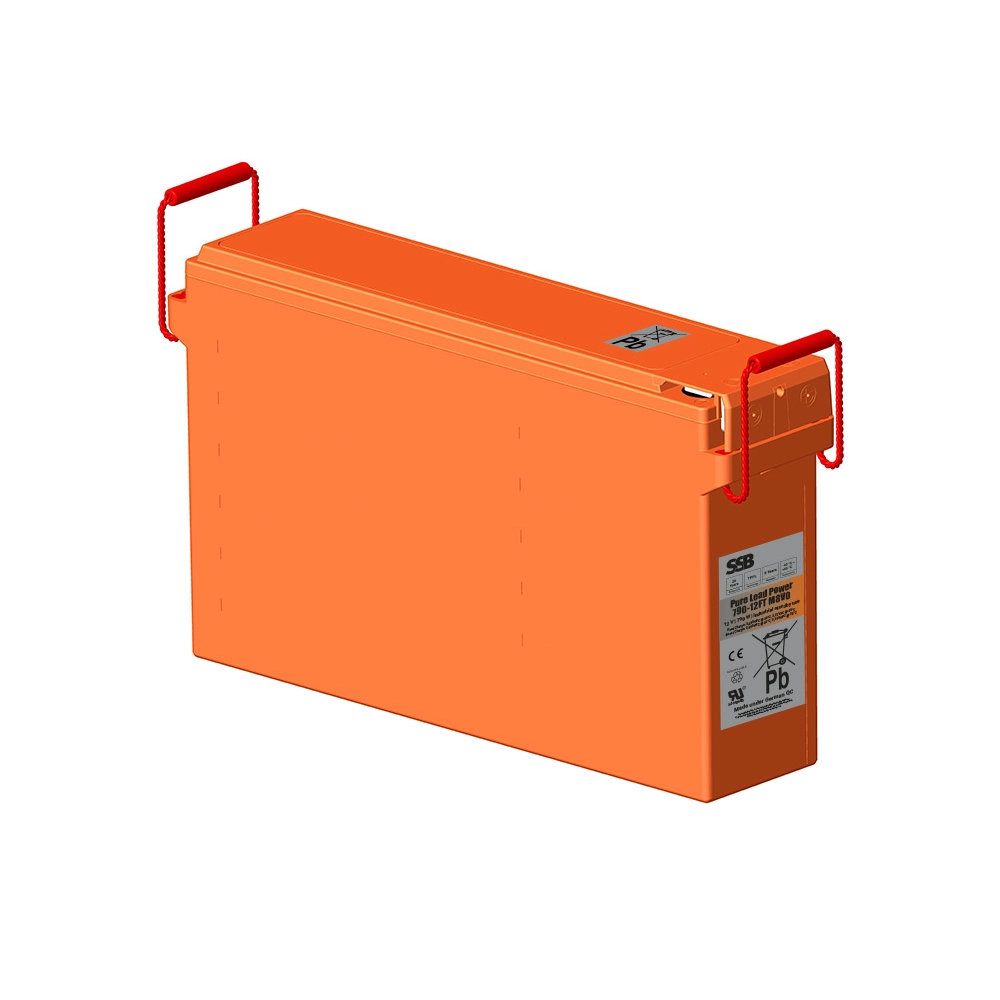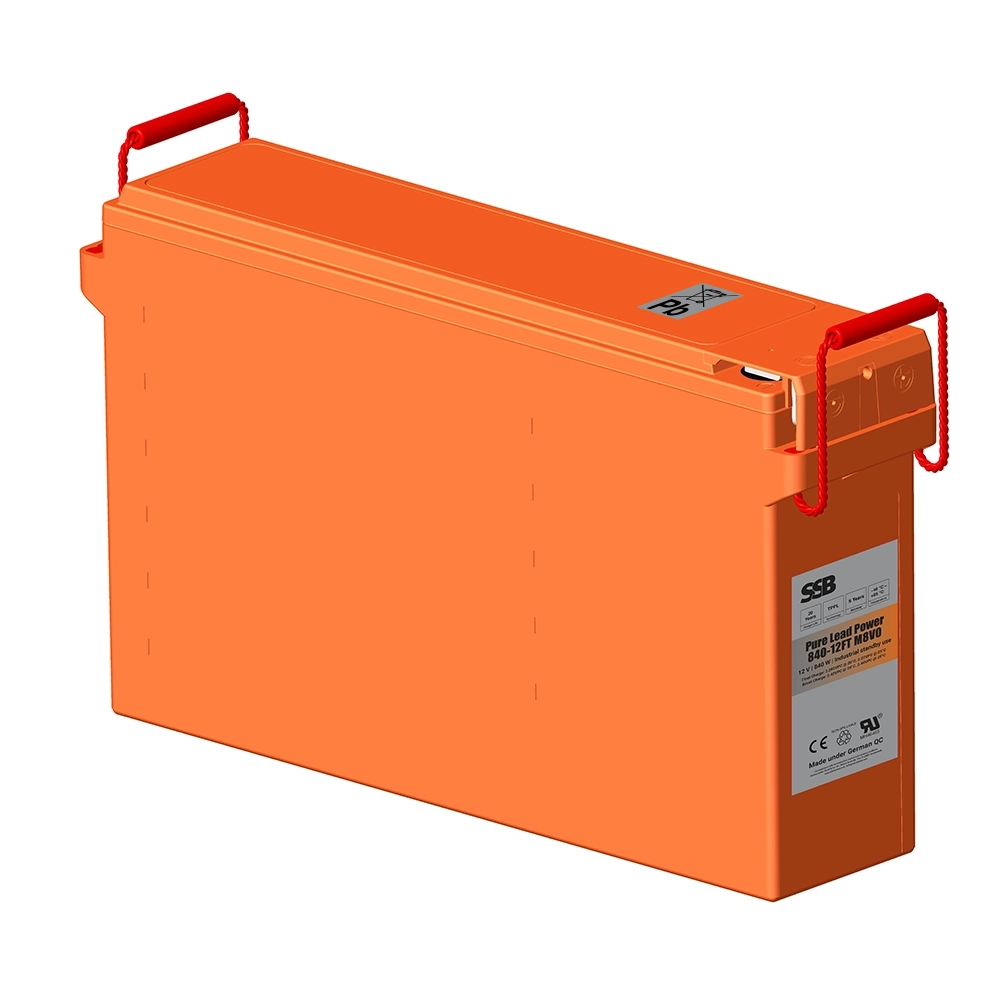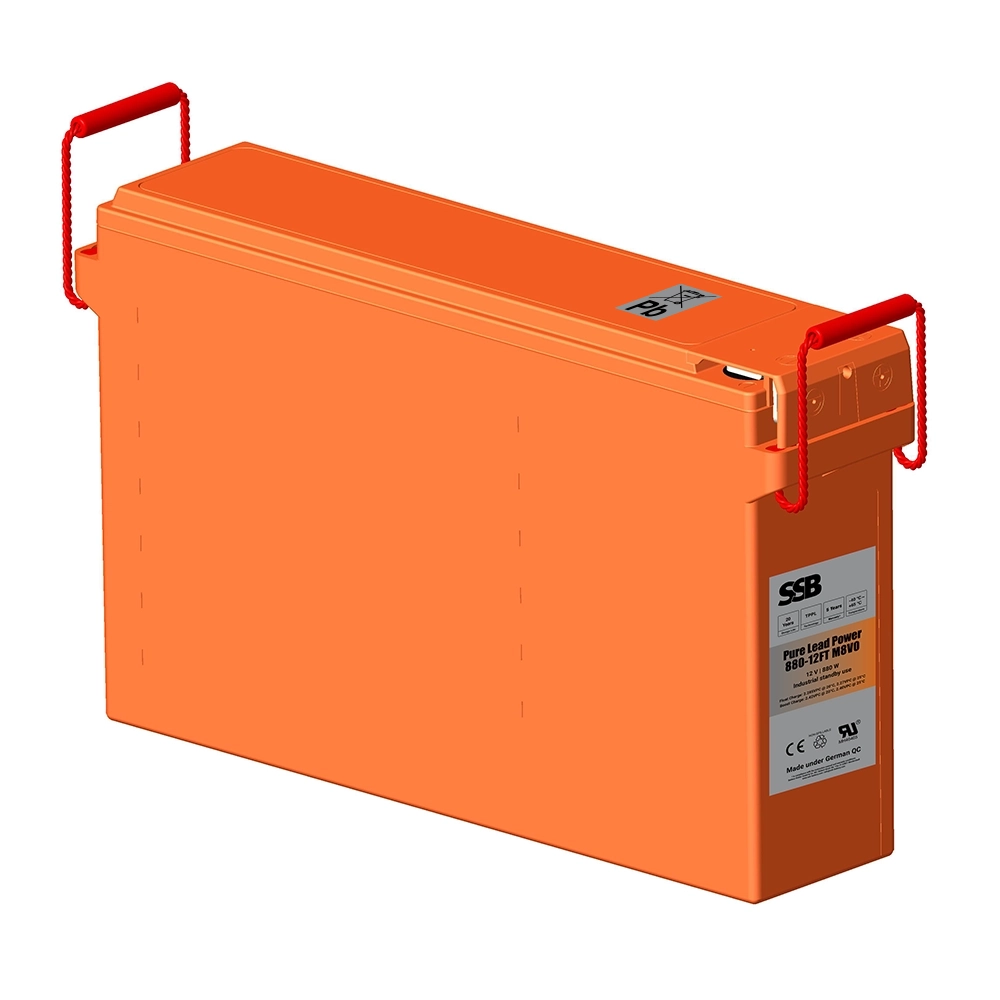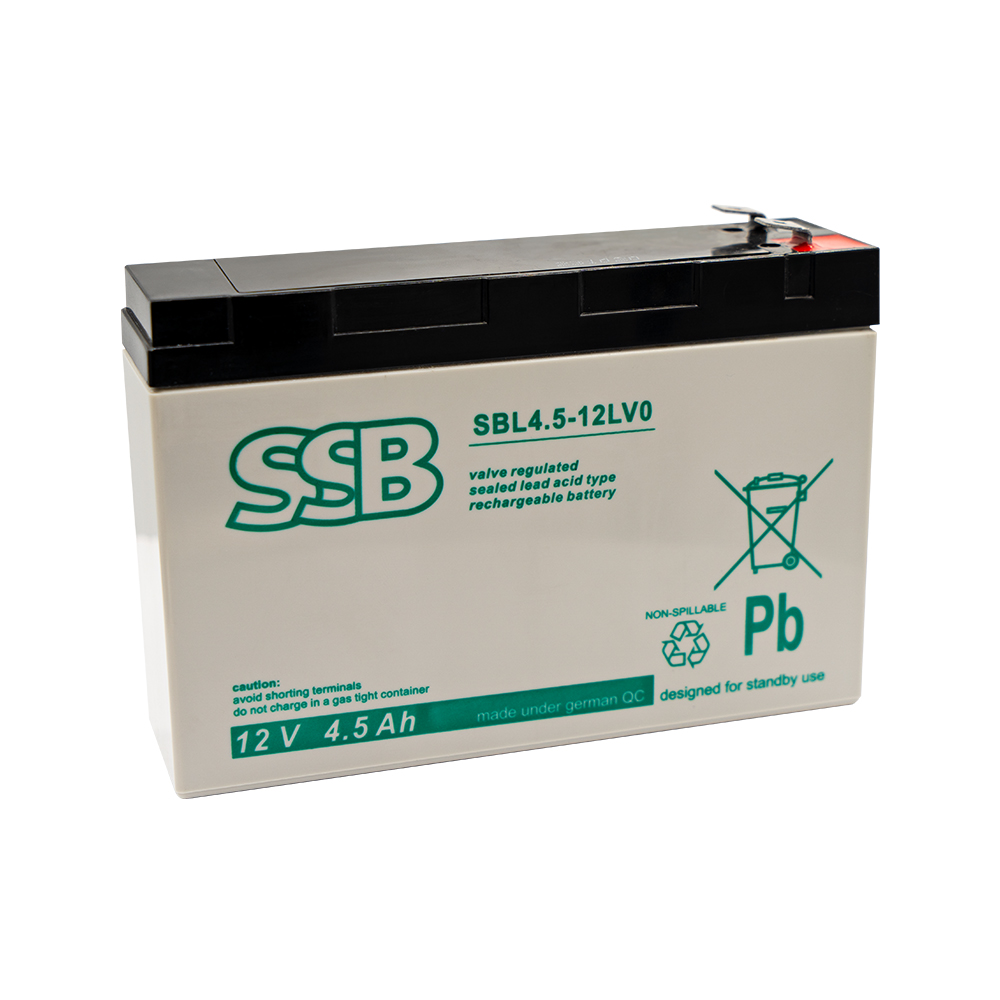- All products
- Batteries, accumulators & battery packs
-
Search by area of application
- Light electric vehicles
- Energy storage systems & photovoltaics
- Hazard detection systems
- Intralogistics
- Medical Technology
- Mobile video surveillance
- Emergency & safety lighting
-
Emergency power batteries and UPS systems
- Smoke and heat extraction systems
- Starter batteries
- Telecommunications
- Wind turbines
- Access control systems
- Accessories
- Bestsellers
Emergency power batteries and UPS systems
delivery time 2-5 working days
delivery time 2-5 working days
delivery time 2-5 working days
delivery time 2-5 working days
delivery time 2-5 working days
delivery time 2-5 working days
delivery time 2-5 working days
delivery time on request
delivery time on request
delivery time 2-5 working days
delivery time 2-5 working days
delivery time 2-5 working days
delivery time on request
delivery time on request
delivery time 2-5 working days
delivery time on request
delivery time on request
delivery time on request
delivery time 2-5 working days
delivery time 2-5 working days
delivery time on request
delivery time on request
delivery time on request
delivery time 2-5 working days
USV-Batterien: Zuverlässige Energieversorgung für kritische Anwendungen
Die SSB Pure Lead Power und SSB Battery-Batterien sind hochwertige, ventilgesteuerte AGM-Batterien, die speziell für Anwendungen mit kurzen, aber extrem hohen Entladeströmen entwickelt wurden. Sie kombinieren Leistung mit einem exzellenten Preis-Leistungs-Verhältnis. Alternativ bieten die LEOCH Reinblei-Batterien der PLX-Serie eine besonders hohe Lebensdauer, ausgezeichnete Temperaturresistenz und eine schnelle Wiederaufladbarkeit – optimal für anspruchsvolle Einsatzszenarien. Die SSB Battery-Batterien setzen auf Glasfaservlies-Technologie und stehen für höchste Qualität und Zuverlässigkeit.
Was ist eine USV-Batterie bzw. eine USV-Anlage?
USV steht für unterbrechungsfreie Stromversorgung (engl. "Uninterruptible Power Supply", UPS). Eine USV-Batterie springt ein, wenn die primäre Stromquelle ausfällt, und stellt sofort eine nahtlose Energieversorgung sicher, ohne Verzögerung oder Unterbrechung.
Batteriegestützte USV-Systeme sind die am weitesten verbreitete Form und bestehen aus AGM-Batterien oder Bleiakkumulatoren, Stromrichtern und einer elektronischen Regelung. Solche Anlagen sind unverzichtbar für Krankenhäuser, Banken, Rechenzentren oder industrielle Steuerungssysteme, um Datenverluste, Hardware-Schäden oder Produktionsstillstände zu verhindern.
Zusätzlich schützt eine USV-Anlage vor Spannungsschwankungen und bietet eine Absicherung gegen mangelhafte Netzqualität, Spannungsspitzen und Oberwellen.
Funktionsweise einer USV-Anlage
Eine USV-Anlage überwacht konstant die Stromqualität des Netzstroms. Im Normalbetrieb werden Verbraucher direkt aus dem Netz versorgt. Erkennt die USV-Anlage jedoch Spannungsschwankungen oder einen Stromausfall, schaltet sie automatisch und verzögerungsfrei auf die interne Batterie um.
Der in der Batterie gespeicherte Gleichstrom wird sofort in Wechselstrom umgewandelt, sodass die angeschlossenen Geräte weiterhin versorgt bleiben. Diese Funktion gewährleistet, dass Nutzer ausreichend Zeit haben, um laufende Prozesse sicher abzuschließen oder alternative Energiequellen zu aktivieren.
USV-Systeme lassen sich einfach in die Stromversorgung integrieren und sorgen für eine stabile und zuverlässige Stromversorgung, die unerlässlich für den reibungslosen Betrieb sensibler Anwendungen ist.
Lebensdauer und Wartung von USV-Batterien
Die USV-Batterie ist das Herzstück jeder USV-Anlage, wird aber häufig unterschätzt. Um eine zuverlässige Notstromversorgung sicherzustellen, sind regelmäßige Batterietests und ein rechtzeitiger Austausch essenziell.
Faktoren, die die Lebensdauer beeinflussen:
- Betriebstemperatur: Idealerweise zwischen 20 °C und 25 °C. Zu hohe oder niedrige Temperaturen können die Lebensdauer der Batterie drastisch verkürzen.
- Ladeverhalten: Eine Tiefentladung sollte vermieden werden, da sie die Leistung stark reduziert.
- Lagerung: USV-Batterien sollten nicht länger als 6-12 Monate ungenutzt bleiben. Ein regelmäßiges Nachladen (alle 3-6 Monate) ist erforderlich.
Wird auf eine sachgerechte Nutzung geachtet, lässt sich die Lebensdauer der USV-Batterie erheblich verlängern.
Wann und warum sollte eine USV-Batterie ausgetauscht werden?
Die meisten USV-Anlagen enthalten wartungsfreie, gasdichte Batterien, in denen fortlaufend chemische Prozesse stattfinden. Auch wenn sie nicht genutzt werden, unterliegen sie einem natürlichen Alterungsprozess.
Zusätzlich können folgende Faktoren die Lebensdauer beeinflussen:
- Temperaturbedingungen
- Ladezyklen
- Entladezeiten
- Betriebsweise und Wartungsintervalle
Hersteller klassifizieren USV-Batterien nach der EUROBAT-Norm. Eine EUROBAT 5-Batterie ist für eine Nutzungsdauer von fünf Jahren unter optimalen Bedingungen ausgelegt. In sicherheitskritischen Bereichen empfiehlt sich jedoch ein vorsorglicher Austausch bereits nach drei Jahren, um Ausfälle zu vermeiden.
Batterien sind auch ohne Belastung einem Verschleiß unterworfen. Eine lange Standzeit ohne Nutzung kann die Leistung beeinträchtigen, insbesondere durch die Bildung von Sulfatablagerungen, die die Kapazität senken. Regelmäßige Testläufe alle sechs Monate können diesen Effekt minimieren und die Batterie langfristig funktionsfähig halten.
Einsatzbereiche von USV-Batterien
USV-Batterien finden in zahlreichen kritischen Infrastrukturen Anwendung, darunter:
- Rechenzentren & IT-Infrastrukturen (PCs, Server, Netzwerkknoten)
- Gesundheitswesen (Krankenhäuser, Labore, medizinische Geräte)
- Sicherheits- & Alarmsysteme (Zutrittskontrollen, Überwachungsanlagen, Notbeleuchtung)
- Finanzsektor (Banken, Kassensysteme)
- Industrie & Fertigung (Automatisierung, Maschinensteuerung)
Die Auswahl der geeigneten USV-Anlage hängt von verschiedenen Faktoren ab, darunter die Art der abzusichernden Geräte, die gewünschte Überbrückungszeit sowie das individuelle Sicherheitsbedürfnis.
Individuelle Beratung für die optimale USV-Lösung
Benötigen Sie eine professionelle Beratung zur Auswahl der passenden USV-Batterien und -Systeme? Unser Expertenteam steht Ihnen gerne zur Verfügung. Kontaktieren Sie uns noch heute und sichern Sie sich eine zuverlässige Energieversorgung!














